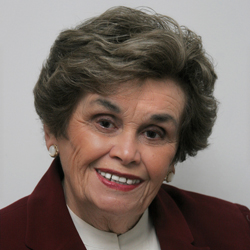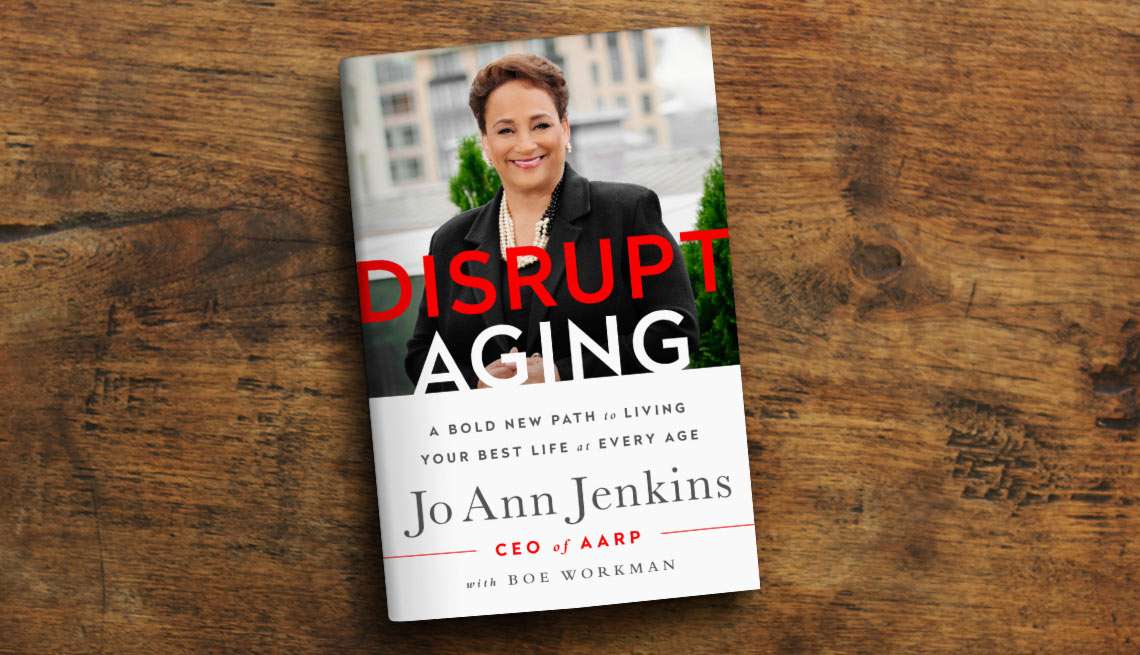AARP Hearing Center
By Kathleen Connell
Originally published in RI Prime Time magazine

You hear it all the time: “Retire? Me? I don’t think so.”
These days, many people’s retirement financial plan is to work (and save) as long as possible – way past 65 and many have no real intention of stopping in their 70s if their job or the work they do allow.
However, people do retire. And here’s what we hear from them: “I’m busier in retirement that when I was working!”
At times I wonder if we need to retire “retirement.”
But let’s back up a moment.
My big boss in Washington, the CEO of AARP, is raising questions she thinks every adult needs to ponder: How old is “old?” Starting with what constitutes being “middle-aged?”
Jo Ann Jenkins points out that a generation ago someone in his or her 40s was considered by most people to be middle-aged. A generation before that, middle age started around 35.
“Middle-aged” was code for “winding down.” After all, up until 1961 people could collect Social Security at age 60. And with mandatory retirement a common business practice, workers anticipated putting their feet up in their early 60s as inevitable. Many, in addition to Social Security, had private-sector employee retirement benefits waiting as well.
That was then. Surveys conducted over the last couple of years shows a majority of people now believe middle age starts around 55. Few people see that as an age to wind down. Many feel they’re just taking flight. Ask most any empty-nester.
Jo Ann, I must stress, is not beating the familiar “You’re As Young As You Feel” drum. True as it may sound, the expression has always been a platitude used to congratulate “old people” for defying, bless their heats, the cranky, unhealthy, infirm stereotype of living at some arbitrary advanced age.
Her alternative is that we simply “disrupt” aging by taking age out of most conversations. In short, to end the ageism that persists in our society and dispose of age-based stereotypes.
Among other things, this could change “retirement” as we know it.
Consider this: Someone is referred to as being a “retiree.” What does that conjure up? Probably an “old person.” What if you describe the same person as a former bank manager who now serves on the board of the United Way and works with the community outreach team? Do you picture a person 62 or 72 or 82? Age does not matter, does it?
Society, Jo Ann asserts, has some catching up to do. “We need to dispel negative beliefs around and about aging even quicker than might normally happen — not because our world needs more political correctness, but because there’s a growing body of evidence that ageism has quantifiable negative health effects on aging people, in addition to distracting them from more vital considerations. In the abstract, a long life is a fine thing, but this demographic shift brings with it new questions to ponder (and act on). If you’ve got another 35-40 years, how can you make them all you want them to be and what do you need to do to make it a reality?”
Jo Ann is leading the charge around a movement she says will lead to changes that will benefit everyone. Disrupt Aging is the title of her recent book.

“Disrupt Aging is about engaging on the big questions — around health, wealth and self — and, overall, living the best future you can,” she says. “As with so many things in life, either you choose a path for yourself, or circumstances conspire to choose one for you.”
Disrupt Aging begins, she says with “owning” one’s age.” And it is the part of her message I love most. Why, she asks, do we spout dubious platitudes about people doing well (even though they’re) in their 50s, 60s, 70s or older? Isn’t life what you make of it in your 20s, 30s and 40s, too?
So, Disrupt Aging is not about denying aging, or defying aging. It’s about owning your age and embracing the opportunities to live your best life at every age. Isn’t that what everyone wants?
“If you’re alive, you’re aging,” Jo Ann adds. “With that in mind, it’s hard to think of a change that could deliver more benefit to more people than to Disrupt Aging.”
So, let’s own our age and not be defined by “retirement.”
When the world sees, pardon the expression, “older people” that way, we’ll all be better off.
Kathleen Connell is State Director of AARP Rhode Island.































































